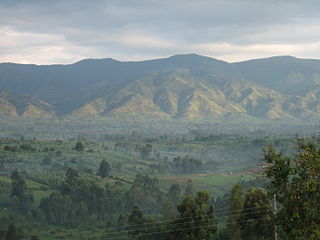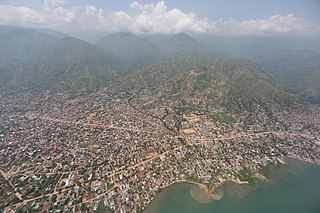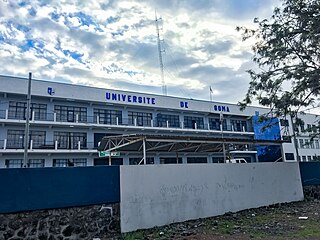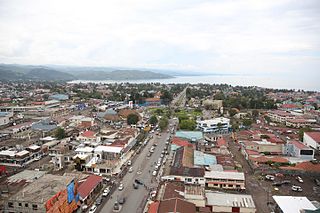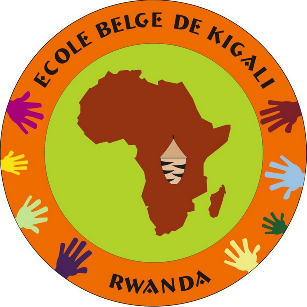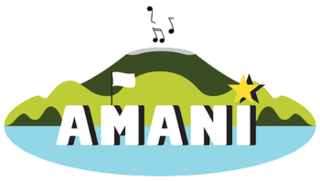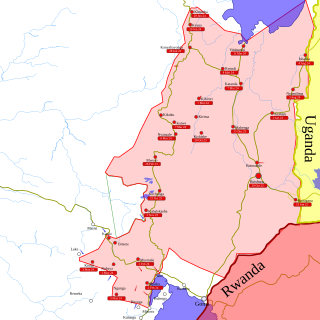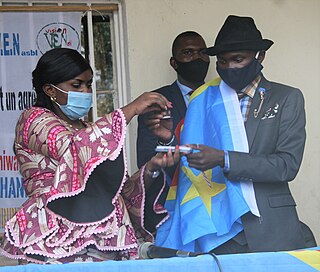Organization

Foyer Culturel de Goma's organizational structure is centered on an executive management team responsible for overseeing all activities. This team comprises a director, a head of administration and finance, a head of external relations and events, an educational and artistic coordinator, a communications officer, and a logistician. [3] Additionally, the center employs a teaching staff of 10 instructors who provide training in various artistic disciplines. A support team, comprising seven musicians and one technician, assists in the production of performances. [3]
Courses
The Foyer Culturel de Goma offers a wide range of courses:
Guitar
The guitar course is divided into two pedagogical tiers. [7] In Level 1, students learn basic guitar concepts, focusing on simple chords like G, C, E, D, A, and R, alongside basic three-beat and two-beat rhythms. [7] Level 2 introduces students to barre chords, scales, and arpeggios, allowing them to work on songs and more advanced techniques. [7]
Spoken Word
The spoken word course emphasizes the art of speech, teaching students the skill of public speaking. [8] It covers two main areas: Poetry , where learners explore rhythm, rhyme, meter, and prosody; and Dramatic Art , which includes theatrical activities and the performance of dramas and comedies. [8] This course fosters students' ability to use language artistically in public life. [8]
Piano
The piano course introduces students to the instrument's various components, such as the keyboard and keys. [9] The curriculum includes exercises for finger movements, mastering scales, modes, harmony, rhythmic improvisation, and an introduction to reading musical notes in both treble and bass clefs. [9] The course is divided into beginner and advanced levels, with a focus on allowing students to progress toward composing their own music. [9]
Dance
The dance program at the Foyer Cultural de Goma encompasses traditional African dance, contemporary styles, Afro-dance, and Congolese ndombolo. [10] Students are categorized into beginner, advanced, and professional levels. The course emphasizes regional traditional dances, particularly from North Kivu's twelve ethnic groups, as well as modern and creative dance forms. [10]
Vocal Performance
The vocal performance course is structured into two groups. Beginners are introduced to their voice as an instrument and learn basic vocal techniques. [11] Advanced students dive deeper into vocal techniques, stage performance, and music theory. To further enhance learning, a choir is created where students work on a variety of gospel and popular music repertoires, allowing them to assess their progress. [11]
Percussion
The percussion course familiarizes students with various percussion instruments, including the djembe, drums, marimba, balafon, likembe, and maracas. [12] Structured across beginner, advanced, and professional levels, advanced participants have the opportunity to join the professional ensemble, Tambour du Kivu, which performs at regional cultural events. [12]
Cinema
The cinema program aims to equip students with theoretical and practical filmmaking skills. The course is divided into three specializations: [13]
- Acting: Focuses on helping students harness their voice, gaze, and body language in front of the camera.
- Directing and screenwriting: Teaches students the fundamentals of fiction and documentary filmmaking, from writing screenplays to technical breakdowns and directing.
- Technical aspects (image, editing, sound): Trains students to use cameras, editing software, and sound equipment effectively.
Kivu Fanfare
The FCG collaborates with the Amani Festival and the French group Mortal Combo to maintain a professional civilian fanfare, Kivu Fanfare. [14] Members of Mortal Combo lead workshops to enhance the skills of local musicians, including saxophonists and trumpeters. [14] The fanfare performs a repertoire of popular and original compositions at regional events. [14]
Educational and artistic exchanges
The center also engages in educational exchanges, both nationally and internationally. Domestically, it collaborates with the National Institute of Arts (INA) in Kinshasa. [15] Internationally, it partners with several conservatories in Belgium, including those in Verviers, Liège, and Brussels. [15] These exchanges allow trainers to acquire advanced knowledge through annual three-month training programs in Belgium, culminating in public performances. [15] Furthermore, FCG receives support and financing from organizations such as Wallonie-Bruxelles International (WBI), En Avant Les Enfants (EALE), and MusicFund. [16] [17] [18]
